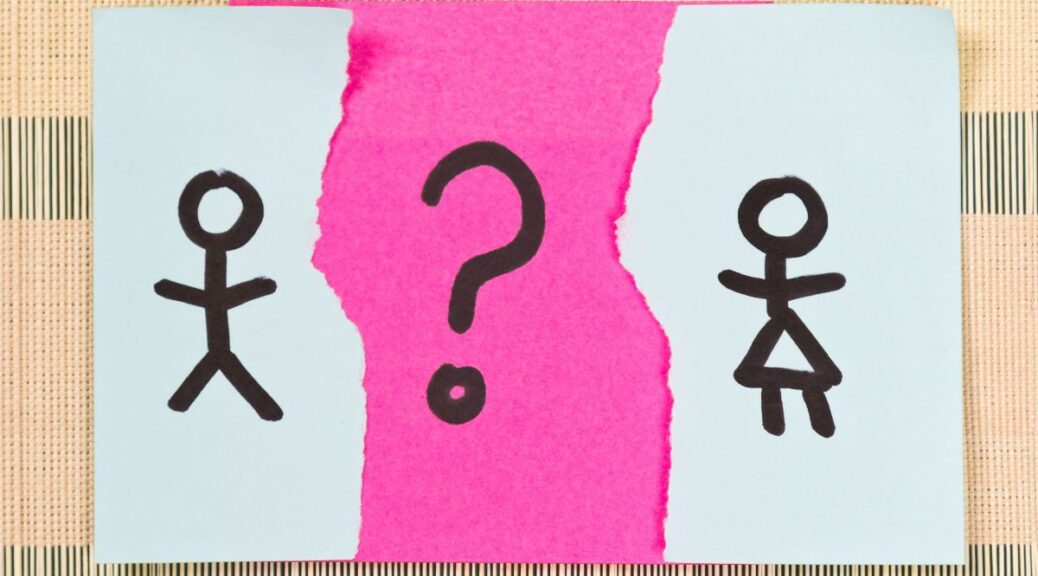When someone wants to begin a California divorce, they will file certain legal pleadings. However, if the other party fails to formally respond, the filing party may be able to pursue a default divorce judgment. Here is more on what happens with a California default divorce.
Filing and Responding to a California Divorce
In California, an individual who wants to initiate a divorce will file a Petition and Summons with the court. In addition, those with minor children must also file a Declaration under the Uniform Child Custody Jurisdiction and Enforcement Act, or UCCJEA document. This filing provides the court with jurisdictional and custodial information regarding any kids involved.
The Petition, Summons, and UCCJEA are legally-required documents that notify the court and the other party about the divorce and what the filing party is requesting. As the filing party, you are required to serve these documents on your ex. Then your ex will then have a certain number of days to file a responsive pleading or Response with the court. If your ex fails to file a Response within the allotted timeframe (30 days), you may be able to obtain a default divorce. However, if it has been more than 30 days and you still have yet to request a default, your ex may still be able to file their Response.
What is a California Default Divorce?
A California default divorce is a divorce that is granted based on one party’s pleadings and without the other party’s input. This occurs when the other party fails to file a written Response to the other’s California divorce pleadings within 30 days of service. The court will grant the divorce without the other party’s participation in the case.
When Will Someone Seek a Default Divorce?
A party may be able to seek a default divorce judgment under various circumstances, such as a party:
- Disappearing—When a party cannot be located, the other party may be able to obtain permission from the court to serve them by publication (service through the newspaper) or by another means. If, after being served, the party does not respond (file pleadings) within 30 days of service, the other party may be able to seek a default judgment.
- Being Uncooperative—Sometimes, a party may mistakenly believe that they can prevent a divorce from moving forward by ignoring service or by refusing to respond to the other’s Petition. However, if someone is properly served and fails to file a timely Response, the other party may be able to seek a default divorce.
- Being Unaware of the Divorce—There can be circumstances when a party is served but fails to read the other’s Petition and Summons or respond. In this circumstance, even when a party is willfully unaware of the divorce, they may be subject to a default.
What Happens with a California Default Divorce?
If your ex has been served with the Petition and Summon and fails to file a Response within 30 days, you may be able to proceed with the divorce. However, there will still be a six-month waiting period before your marital status is terminated and you become single. In a default divorce, the court will only consider your (the petitioner’s) pleadings. Therefore, it’s likely that the divorce will be granted according to your requested terms.
Can a Default Divorce Judgment be Set Aside?
It can be difficult to undo a California default divorce judgment when a petitioner follows the proper process for serving the other party. However, it’s important to know that under California law, there are certain circumstances when a divorce judgment can be set aside.
The best way to ensure that your California divorce documents are properly prepared, filed, and served is by working with an experienced California divorce attorney. Your divorce lawyer can help you ensure that your pleadings are properly served and presented to the court.
Contact an Experienced California Divorce Attorney
The attorneys at the Law Offices of Judy L. Burger are experienced California divorce attorneys who can help you during your divorce. We assist clients along California’s Northern to Southern Coast, including San Francisco, Beverly Hills, Marin, San Jose, Gold River, San Diego, Santa Barbara, Ventura/Oxnard, and surrounding communities. Call us at 415-293-8314 to schedule a private appointment or visit our website.


